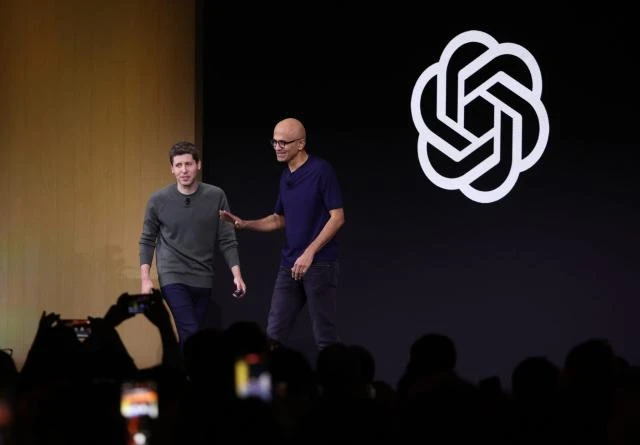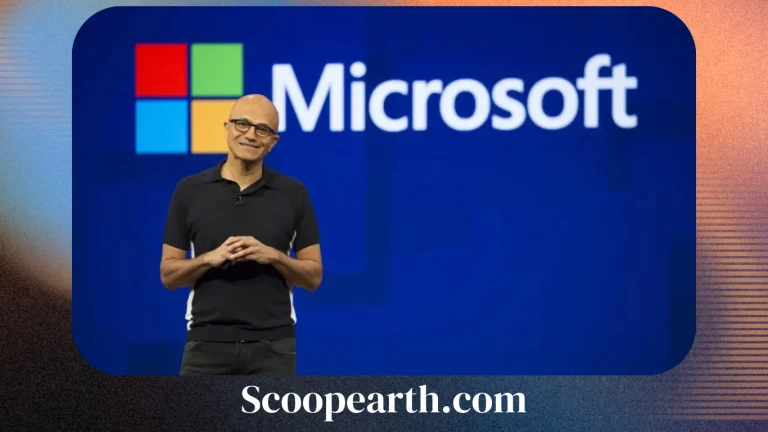Microsoft and OpenAI joined hands to raise a $2 million fund to address the growing risk of AI and deep fakes being used for election purposes by deceiving voters. This is a global concern as more than 2 billion people will head to the polls in over 50 countries, and AI can influence many of these voters.
As time goes by, these deepfakes are looking more and more real. The fast development of generative AI, including ChatGPT, is becoming a threat involving AI-generated deepfakes to spread misinformation. These new tools are available widely and used by people to create fake audio, video, or photos of high-profile celebrities and political entities. Recently, India’s Election Commission ordered political parties to avoid using AI, Deepfakes, or other similar tools in their online campaigns during elections. Following this concern, all major tech giants, including OpenAI and Microsoft, signed voluntary pledges to counter such risks.

These two companies built a framework to address deep fakes’ concerns about spreading misinformation and misleading voters. The companies have already introduced restrictions on their software. Google doesn’t allow the Gemini AI chatbot to answer election-related queries. Similarly, Facebook’s parent company, Meta, also limits elected-related responses via its chatbot. OpenAI launched a deep fake detector to strengthen information reliability, a tool designed to detect fake content generated by its DALL-E image generator.
The startup also joined the steering committee for the industry body the C2PA, which has members including Microsoft, Abode, Intel, and Google. Microsoft’s corporate VP for technology and corporate responsibility, Teresa Houston, highlighted in a blog post that they will continue to collaborate with companies that share the same goal and vision as theirs. He added that this societal Resilience Fund represents the commitment of both parties, including Microsoft and OpenAI, to address challenges and needs in AI literacy and educational space.
Conclusion
Microsoft and OpenAI raised $2 million in funds to solve concerns about using AI-generated content to mislead voters during elections. This is a global concern as more than 2 billion people will head to the election booths in over 50 countries, and AI can influence many of these voters. These new tools are available widely and used by people to create fake audio, video, or photos of high-profile celebrities and political entities. The rise of generative AI, including ChatGPT, is becoming a threat involving AI-generated deepfakes to spread misinformation.
Recently, India’s Election Commission ordered political parties to avoid using AI, Deepfakes, or other similar tools in their online campaigns during elections. Following this concern, all major tech giants, including OpenAI and Microsoft, signed voluntary pledges to counter such risks. These two tech companies came together to build a framework to address deep fakes-related concerns about spreading misinformation and misleading voters. Teresa Houston highlighted in a blog post that they will continue to collaborate with companies that share the same goal and vision










